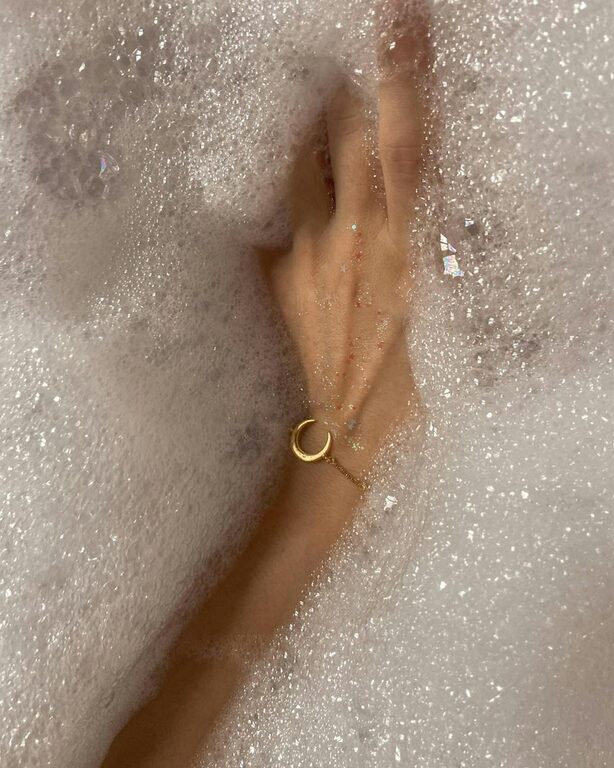How to Start a Basic Skincare Routine for Healthy, Glowing Skin

Starting a skincare routine may feel overwhelming with the countless products and advice available. However, building a basic skincare routine doesn’t have to be complicated or expensive. The key is to focus on a few essential steps that keep your skin clean, hydrated, and protected. Whether you’re a skincare beginner or looking to simplify your regimen, this guide will help you create a straightforward routine that promotes glowing, healthy skin.
Why a Basic Skincare Routine Matters
Your skin is your body’s largest organ, and it acts as a barrier against environmental stressors such as pollution, sun exposure, and bacteria. A consistent skincare routine supports this natural barrier by removing impurities, maintaining moisture, and protecting against damage.
Benefits of a basic skincare routine include:
– Clearer, more radiant complexion
– Improved skin texture and tone
– Reduced risk of dryness, irritation, and breakouts
– Long-term prevention of premature aging
The good news is that effective skincare does not mean using many products or spending hours in front of the mirror. A simple, consistent routine tailored to your skin type can make a big difference.
Step 1: Know Your Skin Type
Before selecting products, it’s helpful to understand your skin type because this will determine which products work best for you. Generally, skin types fall into one or more of the following categories:
– Normal: Balanced, not too oily or dry, few imperfections
– Oily: Excess oil production, shiny appearance, prone to acne
– Dry: Flaky or rough texture, feels tight or uncomfortable
– Combination: Oily in some areas (typically T-zone), dry in others
– Sensitive: Easily irritated, prone to redness and reactions
You can also consult a dermatologist or test different products to see how your skin responds.
Step 2: Gather Your Essentials
A basic skincare routine can be built around just a few products, with each serving an important purpose:
– Cleanser: To remove dirt, oil, and makeup without stripping your skin’s natural moisture.
– Moisturizer: To hydrate the skin and maintain the skin barrier.
– Sunscreen: To protect your skin from harmful UV rays and prevent sun damage.
Optional additions include a gentle exfoliator or toner, which can be introduced later once your skin is comfortable with the basics.
Step 3: The Daily Routine
Morning Routine
- **Cleanse Your Face**
Begin your day by washing your face with a gentle cleanser suitable for your skin type. Use lukewarm water and massage the cleanser in circular motions, then rinse and pat dry with a clean towel.
- **Apply Moisturizer**
Even if you have oily skin, moisturizing is important. Look for a lightweight, non-comedogenic moisturizer if you have oily or combination skin. For dry skin, choose a richer formula that locks in moisture.
- **Apply Sunscreen**
Sunscreen is a must to protect your skin from sun damage and premature aging. Choose a broad-spectrum sunscreen with at least SPF 30. Apply it liberally 15 minutes before sun exposure and reapply every two hours if you’re outdoors.
Evening Routine
- **Cleanse Your Face**
At night, cleansing removes makeup, sunscreen, and impurities accumulated throughout the day. A gentle cleanser is ideal to keep skin clean without irritation.
- **Moisturize Again**
Nighttime moisturizers can be slightly richer since your skin repairs itself while you sleep. This step helps maintain hydration and skin health.
Step 4: Be Consistent and Patient
Consistency is key with any skincare routine. You may not see results overnight, but sticking to your routine daily will give your skin time to adjust and improve. Remember, skincare is an investment in your long-term skin health.
Step 5: Tips for Success
– Always patch-test new products to avoid irritation.
– Avoid overly harsh products with strong fragrances or alcohol.
– Drink plenty of water and maintain a balanced diet for overall skin health.
– Adjust your routine seasonally as skin needs change with temperature and humidity.
– Get enough sleep and manage stress, as these can also affect your skin.
When to Seek Professional Advice
If you experience persistent skin concerns such as severe acne, eczema, rashes, or irritation, it’s best to consult with a dermatologist. They can help identify your skin type, recommend suitable products, or prescribe treatments if needed.
—
Starting a basic skincare routine is a simple way to show your skin some love every day. By cleansing, moisturizing, and protecting your skin with sunscreen, you lay the foundation for a healthy and radiant complexion. With patience and care, healthy skin is within reach for everyone.
